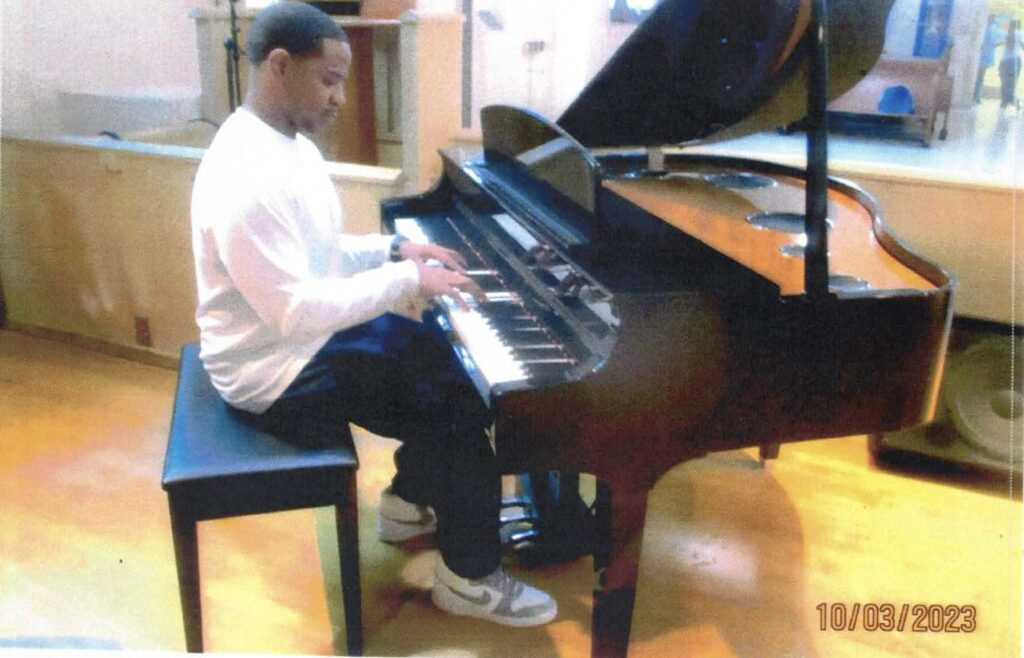Mariupol, Ukraine
It felt like early afternoon, perhaps later, but time made no difference then. Far above what was left of the city, winter clouds paved the sky and veiled the sun’s fleeting light. God existed somewhere far behind them. He had to, or who else would hear the silence of the fallen?
Beneath crumpled building ledges and glowing flames that crawled beyond shattered windows, ash fluttered like charred confetti and fell on the weary shoulders of a young man and his two siblings. Dmitri brushed through the ash and debris. Faint and sweating, he nearly fell onto the sidewalk but somehow his legs remained true and steady. Ivan, six years old, weighed heavily in Dmitri’s arms. Angelica, nine, mumbled something again about stopping.
“Dmitri,” she said, straining to breathe. “I’m tired.”
He glanced over his shoulder. In the distance, deep within the haze, two figures lurked behind them.
“Let’s keep moving,” he said. The train station was less than a kilometer ahead.
There were eyewitness accounts of the following minutes, but they were sketchy. Like shards of glass that littered the streets of Mariupal, the accounts were fractured and scattered. Still, with assistance from bystanders, investigators pieced an account together bit by bit, revealing the mysterious case of Dmitri Rachminoff and his two siblings.
They’d found the body of one of them, dead on arrival; the two others were missing, possibly alive. The early investigation stalled after hitting a puzzling question: the roads were closed to all civilian traffic, and, beyond that, there were invading tanks and rampant missile strikes, so why had Dmitri, his brother, and his sister trekked four kilometers toward the train station instead of sheltering below ground in the subway terminals like so many others had? “Migration,” a former Ecology professor of Dmitri’s had said. “The movement of species in search of better living conditions.” The professor said that Dmitri had studied migrations extensively. “The Serengeti’s fascinated him most.” So when Ukraine came under siege, migrating had apparently been his choice to ensure the survival of his orphaned family. However, a more imminent threat had loomed. Whether Dmitri was aware of it or not was still in question.
The neighborhood surrounding the train station had fallen to human trafficking, robberies, and kidnappings as of late. With police presence scant under the Russian invasion, thugs preyed on passersby daily. A vagabond that had been huddled beneath an underpass reported seeing Dmitri and his two siblings. He also saw a pair of unidentified males, Caucasian, age 30-35, following after them. Though the man did not recall observing Dmitri with anything of value that would attract robbers, he had overheard a telling conversation.
“Ivan, Angelica,” Dmitri said, his eyes somewhere in the distance. “Have I ever told you about the journey of the wildebeest? They make one of the most difficult and dangerous trips of all the animals. They escape rushing rivers and the mouths of lions and crocodiles in order to survive. Even though it’s scary… Together, they make it.”
One investigator supposed the wildebeest story was Dmitri Rachminoff’s way of excusing his own cowardice. Under martial law, women and children were permitted to leave the country while men 17 years and older were not. Had Dmitri planned on forsaking his countrymen during war?
Another investigator figured the story was meant to encourage Dmitri’s younger siblings. “Perhaps he planned on putting the children on a train to travel on their own. The story would strengthen them during the voyage.”
When presented with a photo, a witness positively identified the three of them. “I saw the young man while waiting to board the train. He tried to go on the train to make sure his brother and sister were cared for, but was forbidden by the attendant.”
The boarding attendant was a man named Sven. “As an overseer, I was under strict orders not to allow any able-bodied man aboard,” he said. “We have ushers to show younger travelers to their seats, and I do not recall any interaction with Mr. Rachminoff.” A quick review of the seating chart revealed that none of the Rachminoffs had tickets, and thus would not have been allowed on the train.
In addition to the attendant, an armed security guard was stationed on the platform. His memory was vivid. A siren had wailed through the station’s foghorn, alerting the city of another missile threat. Within seconds the station erupted in a panicked frenzy. Travelersbroke through the partitions, rushed the platform, and pressed toward the train’s open doors. Amid the chaos, the guard drew his firearm–a .45. At some point, Dmitri attempted to rush the open doors. One witness insisted that Dmitri was merely parting the crowd to allow the boy and girl to enter the train unharmed. Regardless, a deafening gunshot was heard by everyone present. In a sworn statement, the guard said that he had not fired his weapon, that the shot that fell Dmitri had come from somewhere within the crowd. He also claimed two unidentified men made their way toward Dmitri just before the gunshot. Though he saw one of the suspects raise an arm toward the victim he could not confirm whether or not the man had a gun.
With the missiles crashing down and the authorities alerted, the train departed in a rush. Dmitri’s body was left toppled in the mob. The train made several stops en route to Belarus. Though the investigators sent missing person alerts into the regions, no one had seen Angelica or Ivan, and more questions surfaced. Had the children sneaked onboard, ridden for hours, and departed without being seen? Or had they been kidnapped by the unidentified men, victims of human trafficking?
When the mob crowded the platform, the investigators asked the security guard, what about their demeanor indicated an immediate threat, the kind that would push him to draw his weapon?
“Their sudden movement,” the guard said coldly. “They were like beasts.”
The Rachminoff case is still open.





No Comments